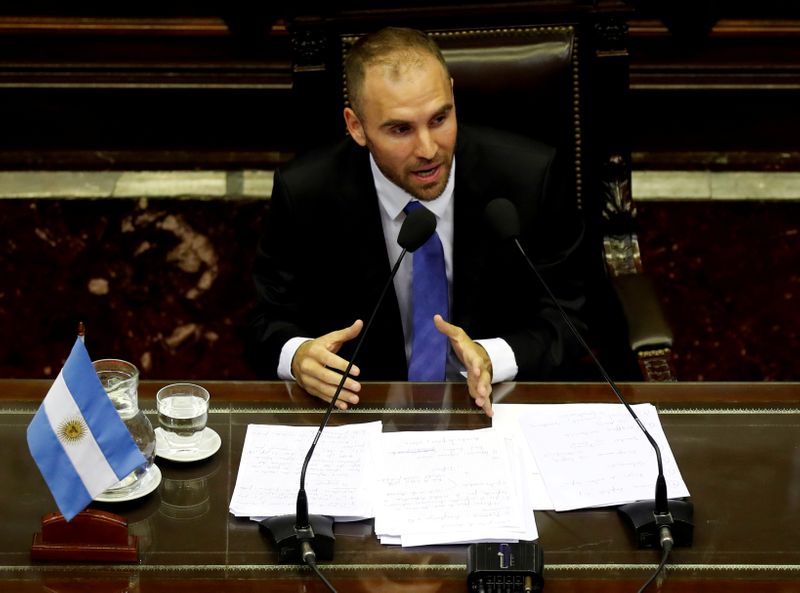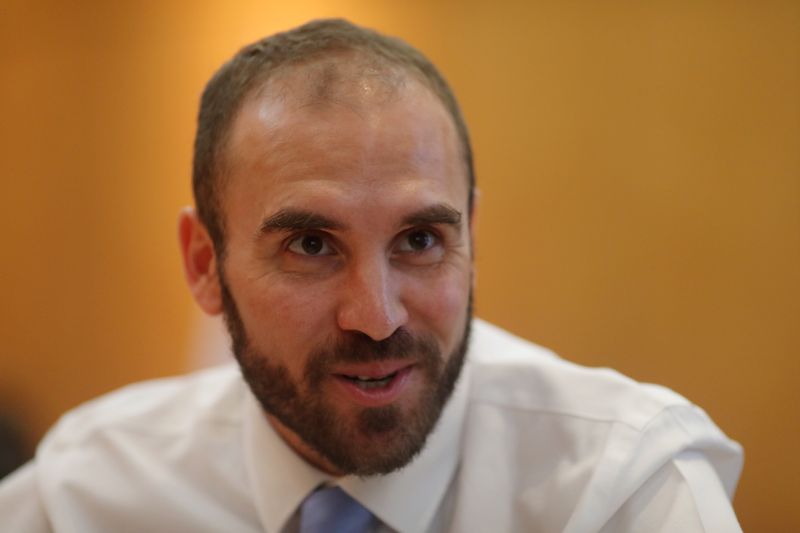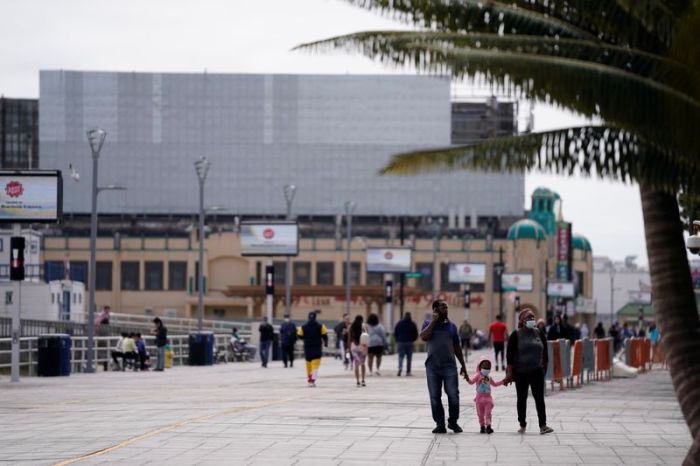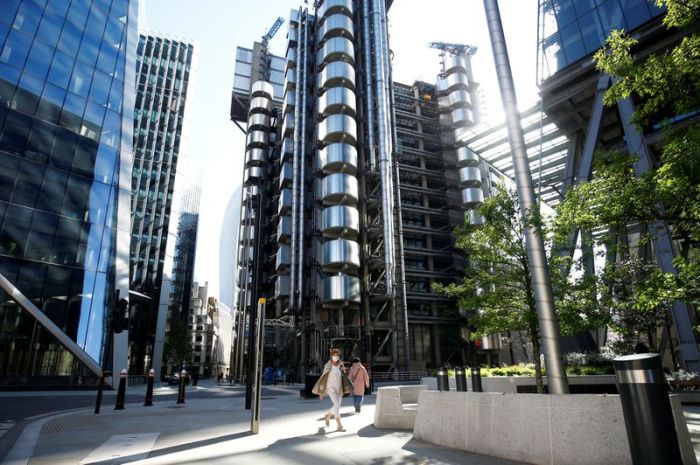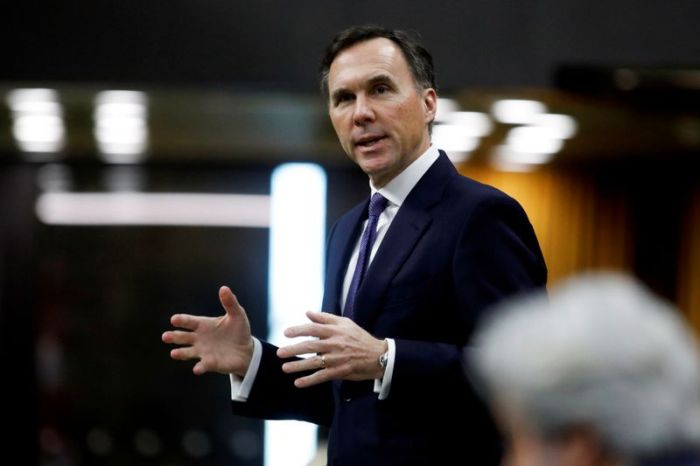BUENOS AIRES/LONDON (Reuters) – Argentina’s $65 billion debt restructuring talks teetered on the edge on Wednesday after two key creditor groups knocked back the country’s latest “final” offer, while the government signaled that there was no room left to improve the terms.
The Ad Hoc and Exchange bondholder groups said the sweetened offer, which had pumped up Argentine bonds this week, fell short of one that they could support, though they couched their position saying it was a “step in the right direction”.
“While we do not accept Argentina’s latest proposal, encouragingly it does provide a basis for constructive engagement,” the groups, which combined hold around $21 billion of the eligible debt, said in a statement.
Economy Minister Martin Guzman told Reuters and another foreign media organization that the latest proposal was the most the country could offer and there was “clearly not” any room for amending it further ahead of an Aug. 4 deadline for a deal.
“We made our maximum effort,” he said.
The stand-off threatens talks which had seemingly got the two sides close to a deal, despite a remaining gap seen at around 4-5 cents on the dollar with some creditors’ demands and tension over legal terms.
“If they do remain united and reject the offer then it’s hard to see how this deal goes forward,” said Siobhan Morden at Amherst Pierpoint, referring to the two groups.
“Without their 35% share then Argentina would not cure the default. The rejection of the offer may discourage bondholder participation and this last launch could fail.”
‘NOT A STRONG REJECTION’
A government source who asked not to be named, however, said that the opposition to the proposal from the two groups was not unexpected and pointed to the nuance in the statement.
“It’s not a strong rejection,” the person said.
Hopes over a deal and initial positive signals from some quarters had pushed Argentina bonds up 1.4% on Wednesday and 6.1% for the week, shortened by a public holiday on Thursday and Friday.
A deal is key for Argentina to avoid a damaging legal standoff with creditors. The country defaulted for a ninth time in May and is headed for an estimated 12% economic contraction this year on the back of two straight years of recession.
Negotiations with bondholders had stalled in June after edging close to an agreement, with the main issues being with the two large creditor groups which slammed the talks as having failed and criticized the government for a lack of engagement.
Carlos Abadi, managing director at DecisionBoundaries, a New York-based financial advisory firm, said that the creditor groups were “playing in very dangerous territory” with the rejection of a deal many had seen as reasonable.
“The only scenario under which I would view this rejection as rational is if its release was coordinated with the Argentine side to allow for some cloud cover” for a later improvement, he said. “Otherwise, it’s a roll of the dice.”
A person close to the government with knowledge of the talks said earlier in the day the offer was as far as the recession-hit country could go without risking its ability to pay.
Advisers are trying to explain the offer and convince bondholders to get on board, he added.
A source familiar with the thinking of the creditor groups said they had not gone into a “lock-up” – a measure aimed at preventing any of the individual firms in the group peeling off – something the groups indicated previously they could do if they deemed that Argentina’s offer to be unacceptable.
(Reporting by Hugh Bronstein and Adam in Buenos Aires and Karin Strohecker in London; Additional reporting by Marc Jones and Tom Arnold in London, Walter Bianchi, Hernan Nessi, Jorge Otaola and Jorge Iorio in Buenos Aires; Writing by Hugh Bronstein; Editing by Richard Chang and Alistair Bell)

